When the Federal Housing Administration backs your mortgage loan, your lender can relax a little. It can overlook your lower credit score or your lower down payment.
FHA-backed loans have opened the doors of homeownership to millions of low-income and first-time homebuyers across the nation. To get your FHA loan you’d need to partner with an FHA lender.
Most banks, credit unions, and mortgage brokers will write FHA loans. But the best FHA lenders are often FHA loan specialists. If you know this is the type of home loan you need, I recommend all of the lenders below.
Best FHA Lenders for 2025
Here are the top 10 lenders for FHA loans in 2025:
- 🏆 Quicken Loans Rocket Mortgage – Best Online Lender
- Bank of America – Best Traditional Bank for FHA Loans
- Citibank – Best for Alternative Credit Information
- Guild Mortgage – Best for First-Time Homebuyers
- Fairway Independent – Best for Easy Mobile Application
- Flagstar Bank – Best for Customer Service
- Navy Federal – Best for Military Families
- New American Funding – Best for Nontraditional Credit Approvals
- PrimeLending – Best for Sub-Prime Borrowers
- Vylla – Best for Bad Credit
Quicken Loans Rocket Mortgage
Best Online FHA Lender
Quicken Loans launched Rocket Mortgage in 2016 to streamline online loan applications. Since then Rocket has become the standard for online home loans.
You’ll get step-by-step guidance through the FHA loan process — all online — from interest rate quotes to closing the loan.
Rocket Mortgage Loans work best for simple applications. A process this streamlined can’t leave room for nuance. If you need to discuss your application with a loan officer, I recommend going with another lender on this list.
Rocket uses only your data — your credit score and debt-to-income ratio — to assess your loan eligibility.
Bank of America
Best Traditional Bank for FHA Home Loans
Everybody knows about Bank of America, the huge national bank with branches on just about every Main Street and shopping center around. This bank writes a lot of FHA mortgages.
Although it’s a traditional bank, Bank of America has an all-online mortgage application so you could have the best of both worlds: online convenience and in-person guidance.
This bank will also consider alternative ways to measure your credit if you don’t meet the bank’s minimum credit score. Existing Bank of America customers can also get discounts on origination fees.
But Bank of America’s upfront fees will likely be higher than the fees charged by online mortgage lenders.
Citibank
Best for Alternate Credit Sources
Like Bank of America, Citibank discounts mortgage fees for its existing customers. Citibank will also consider alternative credit sources that can help applicants whose debt-to-income ratio and FICO score don’t quite measure up.
For example, Citibank could give you some credit for paying rent on time year after year. Rent payments don’t factor into your credit score.)
But you’d also face Citibank’s application fee and loan origination fees. And you couldn’t complete the entire application process online.
Guild Mortgage
Best for First-Time Homebuyers
Guild Mortgage specializes in helping first-time buyers get subsidized loans. Almost half of Guild Mortgage’s loans have government backing — not just FHA loans but also USDA and VA loans.
Like Bank of America and Citibank, Guild Mortgage will also consider alternative credit history data.
Guild also does a great job mixing online and traditional customer service. You could apply and upload documentation online, but you could also visit a Guild Mortgage branch or get help on the phone. Both J.D. Power and the Better Business Bureau have given Guild’s customer service high marks.
Guild writes mortgages across the country but has offices in only 23 states, mostly in the West and Sun Belt, and Plains states.
Fairway Independent
Best for Quick & Easy Application
Fairway Independent could be the best mortgage broker no one has heard of. This lender offers a full range of loan options, including FHA loans for purchase and refinances, to home shoppers in all 50 states. Fairway has a mobile-first loan application you could complete in 15 minutes.
And since Fairway is a traditional mortgage broker, you can get help via phone call or even by visiting an office in every state except West Virginia and Alaska.
Flagstar Bank
Best for Customer Service
Flagstar has brick-and-mortar bank branches and in-person customer service for home shoppers in California, Indiana, Michigan, Ohio and Wisconsin. But most customers access Flagstar Bank’s mortgages online and over the phone.
Flagstar specializes in government-backed loans such as FHA loans and VA loans. The bank’s customer service staff also excels with first-time homebuyers and low-income home shoppers. They also offer packages tailored to professionals like doctors, lawyers, and accountants.
At its core, Flagstar is a traditional bank which means you could face higher fees compared with online lenders.
Navy Federal
Best for Military Families
Navy Federal stands out as a lender for military service members, veterans, and their families. Along with military-only VA loans, Navy Federal specializes in FHA lending with lower-than-average rates and solid customer service.
Navy Federal is a credit union — in fact, it’s the nation’s largest credit union with more than 8 million members — so you’d have to join before accessing these great rates on FHA loans.
Navy Federal focuses on making mortgage products as affordable as possible. Along with lower interest rates, low down payment loans, and even no down payment VA loan products, Navy Federal also accomplishes its goal by considering alternative credit like rent and child support payments.
New American Funding
Best for Nontraditional Credit Approval
New American Funding considers nontraditional credit criteria to assess your eligibility to borrow or refinance. New American’s manual underwriting considers every applicant as an individual rather than a series of numbers that must line up.
This is another all-online lender which means your road to financing homeownership could start — and almost end — on your smartphone or laptop.
New American has great mortgage rates in every state it serves. The lender does not lend money in New York or Hawaii.
PrimeLending
Best for Sub-Prime Borrowers
As the name suggests, PrimeLending focuses on subprime borrowers who have shaky credit histories. PrimeLending also offers an assistance program to help borrowers cover their closing costs.
The FHA loan program was designed especially to help lower-income and lower qualified buyers who can’t qualify for a conventional mortgage. PrimeLending’s mission aligns seamlessly with the FHA and USDA lending programs.
PrimeLending has excellent customer feedback and a low number of complaints registered by the Consumer Financial Protection Bureau (CFPU).
Vylla
Best for Bad Credit Borrowers
Vylla is the mortgage offshoot of Carrington Holding Company. This lender has an online application process, but you can’t receive online preapproval unless you start an official application.
Vylla excels with credit-challenged borrowers and first-time buyers, so they’re a good fit for anyone who needs an FHA loan.
But if you live in Massachusetts or North Dakota you won’t be able to use this lender.
Who Is The Best FHA Lender?
Not all FHA lenders are created equally, even though the federal Department of Housing and Urban Development (HUD) oversees this lending program.
Banks can set their own rules because HUD does not lend you the money to buy or refinance your home, the bank or mortgage broker does. HUD helps insure the lenders won’t lose too much money if you default on your mortgage, and this gives banks more freedom to help you buy a home.
But it’s still the bank’s money on the line. So individual lenders have the flexibility to set their own lending requirements. Credit score requirements, interest rates, loan types, and loan terms can vary from lender to lender.
Customer service standards can also vary, as can lender knowledge about FHA loan limits. That’s why I suggest working with a lender that specializes in FHA loans.
If you’re considering another lender, ask for a loan officer who’s familiar with government-backed loans. You don’t want to be the guinea pig with something as important as a home purchase.
Cons of The FHA Loan Program
The pros are obvious with FHA loans. Your down payment could be as small as 3.5 percent. You could qualify with a FICO score of 580. Shoppers with lower-than-580 credit scores can still get approved but with higher down payment requirements.
The FHA backs fixed-rate or adjustable-rate mortgages for new home loans or refinances.
So what’s the catch? There are a few:
- Red Tape: Government involvement in your mortgage process can slow things down. HUD will inspect the home to make sure it meets basic living requirements. The presence of lead paint in a home built before 1978 could slow down closing. Problems with the electrical system or mold could prompt the government to pull its support. This is a great way to prevent unsafe living conditions, but if you’re buying a fixer-upper you’ll need a conventional mortgage.
- Private Mortgage Insurance: Almost all mortgage loans require the homeowner to pay mortgage insurance premiums, at least for a while. This insurance does not protect you; it protects the lender from losing too much money if you default. FHA loans now require you to pay PMI throughout the life of the loan. FHA mortgage insurance premiums normally range from 0.5 to 1 percent of the loan’s value per year — as you pay down the loan balance, your premiums should decrease.
- Occupancy Requirement: The home you’re buying must serve as your primary residence. So you couldn’t use an FHA loan to buy rental properties — although most lenders will waive this requirement when you’re buying a duplex and plan to live in half and rent out the other half.
- Loan-to-Value Limits: FHA loans will not let you finance more than 96.5 percent of the home’s value. This loan-to-value ratio (LTV) means you probably couldn’t finance closing costs directly into the loan amount — unless you have a down payment large enough to compensate. The FHA does allow sellers to pay up to 6 percent of the loan’s value in closing costs, but you’d need to negotiate this with your seller when you make an offer on the home.
What Is The Monthly Payment On An FHA Loan?
Your monthly mortgage payment will depend on several factors, some of which you can control:
- Loan Amount: Larger loans, naturally, lead to higher mortgage payments each month, but this may not be as simple as you think. A lower interest rate and a longer loan term can drive down the cost of borrowing.
- Loan Term: Most lenders have 15-year and 30-year FHA loans. Payments on a 15-year loan will be significantly higher per month. However, you’d save a lot in interest throughout the life of the loan.
- Interest Rate: On a mortgage loan, your interest payments will be mixed in with your principal payments, so higher interest rates drive up payments for the same size loan. The same $150,000 house would cost $674 a month at 3.5 percent interest and $852 a month at 5.5 percent interest. A lower interest rate can unlock a higher purchase price within the same monthly budget.
- Loan Type: Adjustable-rate mortgages (ARMs) often cost less at first, during the loan’s introductory rate. Then the interest rate changes each year with the market, and your monthly payment would change accordingly. The payment on a fixed-rate loan stays the same throughout your borrowing term. Jumbo mortgages, which finance high-value homes, usually have higher interest rates and higher minimum down payment requirements.
- Added Fees: A lot of first homeowners can’t afford to pay annual home insurance premiums or property taxes upfront each year. These fees, when combined, could cost thousands of dollars. So lenders will open an escrow account for you. Each month your payment will include a couple of hundred extra dollars that go into escrow. Then, after the money adds up, your lender will pay these large bills for you.
Credit Reports and Your Best FHA Loan
If you have a shaky credit history, an FHA loan can open the doors of homeownership. But not just any credit score will qualify you for borrowing.
HUD states that a FICO of 500 is the minimum credit score for FHA borrowing and that borrowers with scores lower than 580 will face a minimum down payment of 10 percent.
This is true whether you’re refinancing your current home or buying a new home. So what can you do if you have a 550 credit score and can’t afford a 10 percent down payment?
You can apply with a lender on my list above that considers alternative credit criteria such as on-time rent payments and up-to-date child support payments. But, despite having some autonomy, lenders can’t stray too far from the FHA’s guidelines because they can’t risk losing federal backing.
Your best option will be to increase your credit score to better qualify yourself for one of the best FHA loans on the market.
Start by monitoring your credit score through an app like Credit Sesame or Credit Karma. Make a point of paying your bills on time each month, especially debt payments. If you see some errors on your credit report, get in touch with the credit reporting bureaus to report the error.
And remember the Covid-19 pandemic has changed credit reporting some. If you’ve gotten behind on student loans or credit card payments, your lenders may have special programs in place to get your accounts current quickly. This will improve your credit score.
Spending six months to a year improving your credit history could save you thousands of dollars over the course of a 30-year mortgage loan because you’d qualify for a lower interest rate.
Who Should Get An FHA Mortgage?
The Federal Housing Administration opens the doors of homeownership to lower-income and lower qualified borrowers.
You should consider an FHA loan if:
- You Have Lower Credit: A score in the 500s or 600s means HUD can help you find more affordable mortgage loans.
- You Don’t Have a Large Down Payment: Having less than 10 percent down means you may need an FHA loan (or a USDA loan in rural areas or VA loan for military families).
Other buyers should go with a conventional loan if:
- You Want to Invest in Real Estate: Since the FHA requires you to live in the property you buy, real estate investors need conventional borrowing.
- You Plan to Restore a Home: HUD requires FHA-backed loans to pay for homes that have all the basics — safe electrical and plumbing systems, intact structures, and modern air quality standards. If you’re planning to restore an old home that lacks these basics, you may need a conventional loan.
- You Don’t Want to Pay PMI: Private mortgage insurance premiums will add to your debt. Conventional loans let you cancel PMI once your loan-to-value (LTV) ratio reaches 80 percent.
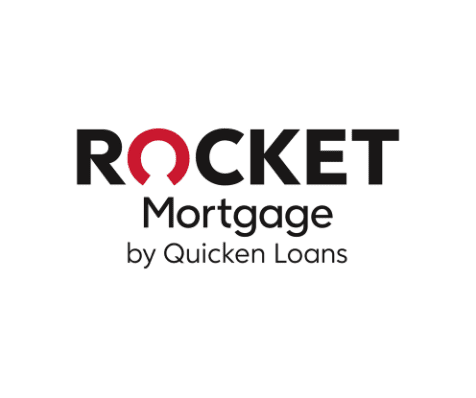

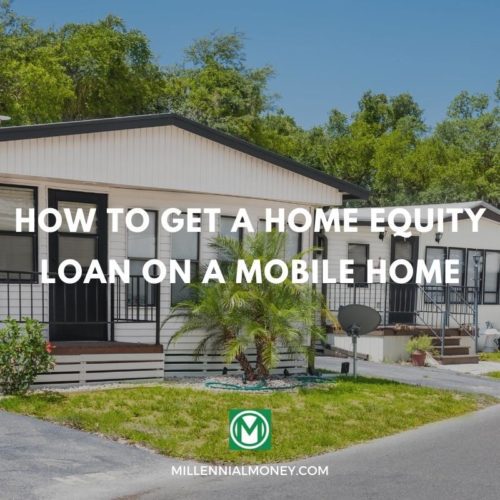
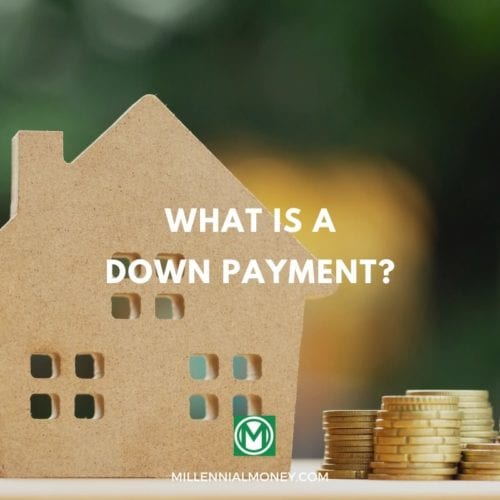
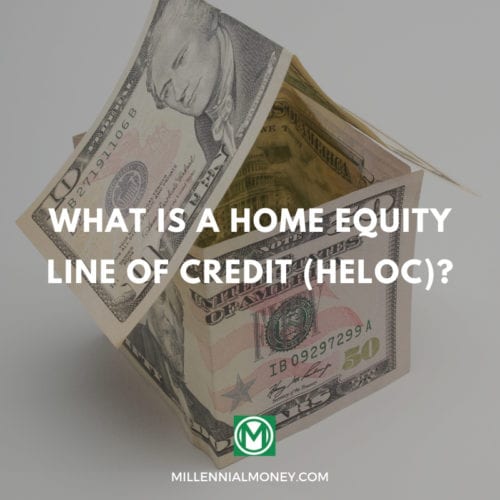
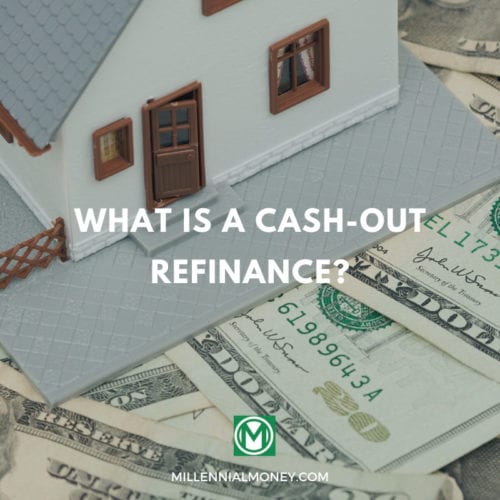
No comments yet. Add your own